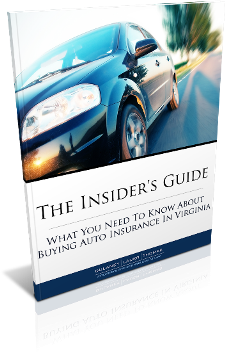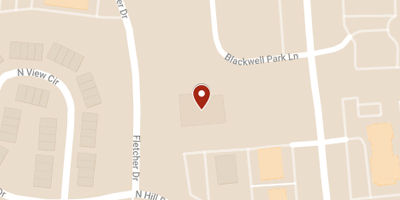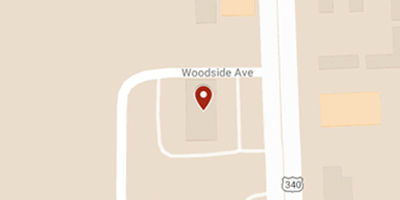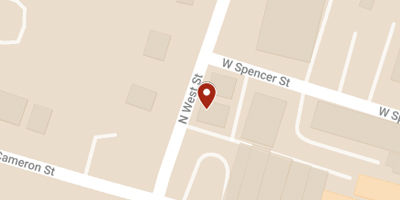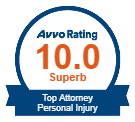Most Virginia collisions at intersections result in injuries that, even if serious, allow the victims to gradually recover and get on with their lives. Rollover crashes are different, though - in a bad way.
Virginia motorists should be fully aware of the terrible injuries and the high probability of death caused by rollover crashes. A 2004 study had demonstrated that rollover crashes represented around 3 percent of all traffic accidents but accounted for over 30 percent of highway accident fatalities. Statistics have improved in recent years, mainly because of better car design and safety features like air bags. Yet, today’s car occupants are still ten times more likely to die in a rollover crash than in any other type of collision. How can Virginia motorists protect themselves?
Type of Vehicle
Rollovers happen when a top-heavy vehicle succumbs to a powerful sideways force and flips over instead of sliding. Most rollovers happen when a vehicle enters a curve at a high speed, when the driver makes too sharp a turn, and/or when a sideways-sliding vehicle trips on a curb, pothole, or soft shoulder.
As such, several factors increase the odds of rolling over:
- High ground clearance, as on most SUVs and pickups
- High body and narrow track width, such as that of SUVs and vans
- Heavy loads elevating the center of gravity, such as in passenger-carrying vans and family cars heading for the beach
For inexperienced Virginia motorists, it is essential to remember that a rollover crash is virtually always going to end in disaster. A rollover crash is like a multiple accident, successively hitting the victims from all sides.
In passenger cars, passive safety features protect occupants from frontal, rear and, to a limited extent, side impacts. In rollover crashes, the violence of the centrifugal forces hurling the occupants repeatedly and in all directions is likely to inflict terrible and lethal injuries. These forces are strong enough to open and rip off the vehicle’s doors and eject the occupants from the vehicle.
Protection
In most cases, rollover crashes are perfectly avoidable. Most rollover accidents in Virginia are self-inflicted, single-vehicle crashes. If you want to make sure you and your family are never involved in a rollover wreck, you might consider the following precautions:
- Buy a car that is not narrow and top-heavy and has a good rollover crash rating.
- Avoid driving an overloaded vehicle, or, if you do, drive very carefully.
- Teach all drivers in the family to slow down before the curve and to accelerate as they enter the curve.
- Reduce the speed immediately when it rains, snows, or freezes or in low visibility conditions.
- Make sure that all car occupants are restrained at all times.
If you or a loved one has been injured in a Virginia car, truck, or motorcycle accident, please contact our Warrenton or Culpeper attorneys today for a free discussion of your accident case. You will have a clear view how our lawyers can help protect your rights.


